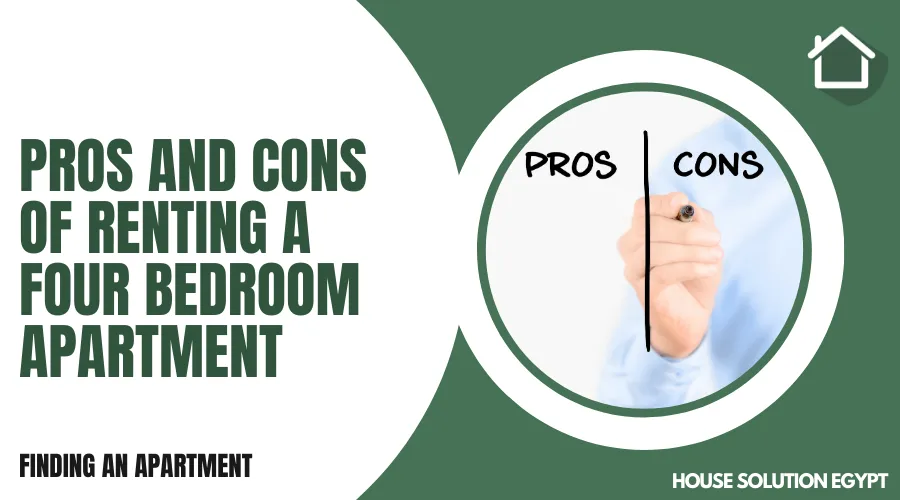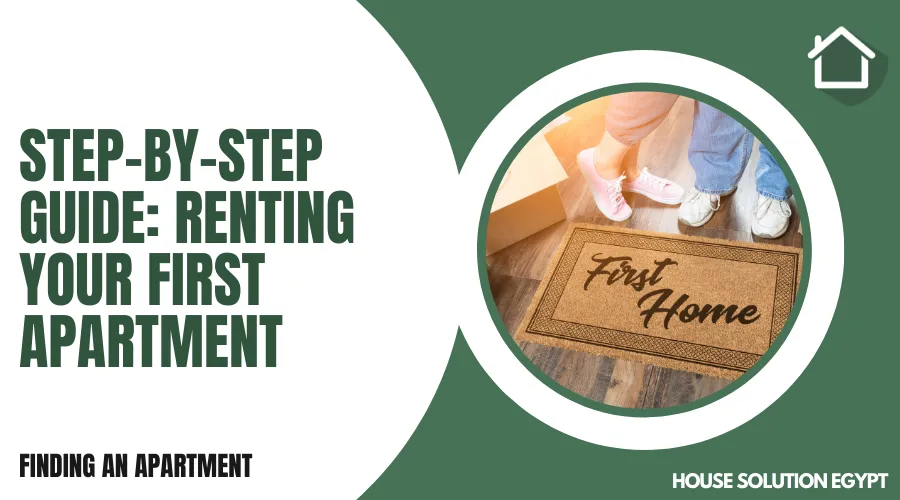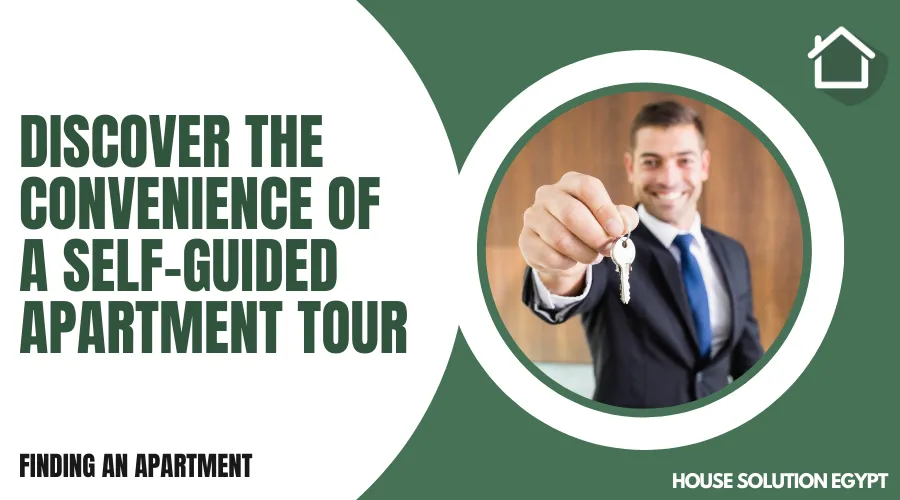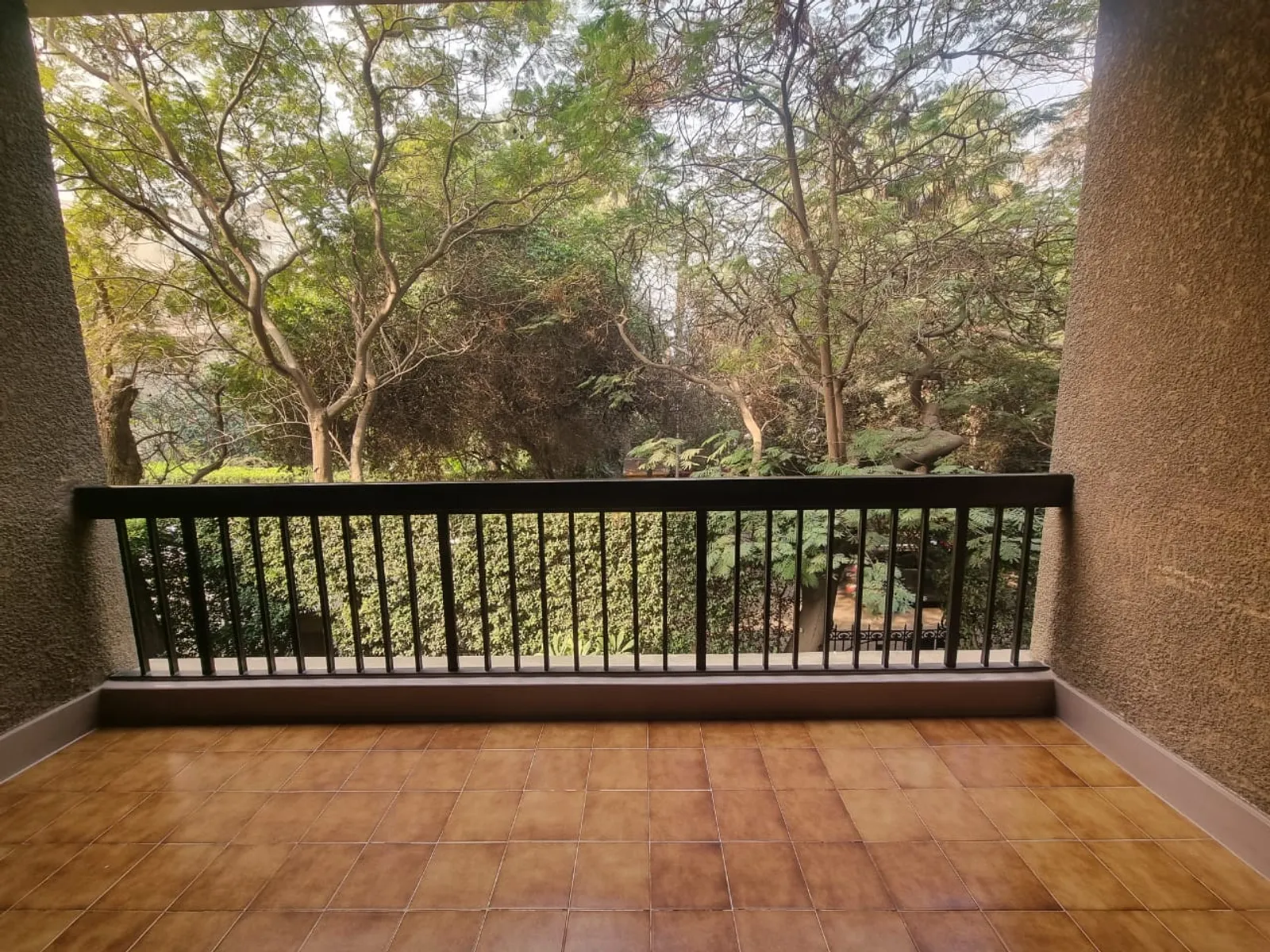FIVE QUESTIONS TO IDENTIFY POTENTIAL DISTURBANCE FROM A NOISY APARTMENT
Finding an Apartment|3.7 MIN READ|Updated on: 14 December 2024|Written by: Marwa Samir
Living in an apartment building can be both convenient and challenging. While you may enjoy the proximity to various amenities, neighbors' noise could often lead to disturbances that can disrupt your peace of mind. Loud music, barking dogs, or even loud conversations can all add up to a stressful living experience. Identifying potential disturbances from noisy apartments is crucial if you want to maintain a peaceful environment.
One of the first questions you should ask yourself when trying to figure out if your apartment is too noisy is whether the walls are thin enough for sounds to travel through easily. If this is the case, then chances are any sound made by your neighbors will easily seep into your unit. Another question that can help identify potential disturbance from a noisy apartment is whether there are young children living next door who might have trouble keeping their voices down.
If you notice any suspicious activity or excessive noise coming from one particular unit at night, it's worth considering if it's time to report this behavior to management. Finally, try asking around among other tenants in your building - they may have experienced similar situations and could offer advice on how best to handle it.
Identifying potential disturbance involves observing patterns and consistency in noise levels and understanding what is reasonable for your living situation. By taking note of these factors and communicating them effectively with your landlord or neighbors when necessary, you can work towards creating a peaceful living environment for everyone involved.
Question 1: Is the Noise Continuous?
One important factor to consider when identifying potential disturbance from a noisy apartment is the continuity of the noise. Is it a constant, uninterrupted sound, or does it come and go throughout the day? Continuous noise can be particularly disruptive as it can be difficult to ignore and may interfere with daily activities such as sleep, work or relaxation.
In addition to being more disruptive, continuous noise may also have a greater impact on your health. Studies have shown that exposure to prolonged periods of continuous noise can lead to increased stress levels, heart disease, and other negative health effects. Therefore, if you are experiencing persistent noise that is affecting your well-being or quality of life, it is essential to address the issue promptly.
Furthermore, understanding whether the noise is continuous or intermittent can help you determine its source. For instance, if you hear loud music playing at regular intervals every night around 11 pm for half an hour each time - this could suggest someone's partying habits. However, if you hear constant background hums or vibrations throughout the day without any particular pattern - this might indicate something else entirely like faulty plumbing or appliances within your own unit which need fixing ASAP!
Question 2: Are there a Lot of People Coming and Going?
If you are looking to move into a new apartment, noise disturbance can be a significant factor that affects your quality of life. One crucial question to ask before signing any lease is whether there are a lot of people coming and going into the building. This question is vital because it can help you determine the level of foot traffic in and out of the building.
If there is a lot of foot traffic, it could mean that people are constantly moving around, which could lead to more noise disturbances. For example, if you live on a lower floor, constant foot traffic could result in stomping noises from above. Additionally, more people coming in and out means more opportunities for loud conversations or parties that could disrupt your peace.
Furthermore, high levels of foot traffic can also indicate security concerns as well. If there are always strangers coming and going from the building without proper identification or security measures in place, it might not be safe for residents. Therefore, before moving into an apartment complex with high levels of activity, make sure you consider all these factors carefully.
Question 3: Is the Noise Loud or Unusual?
When trying to determine if noise from an apartment is potentially disturbing, it is important to consider whether the noise is loud or unusual. If the noise is consistently loud and disruptive over time, it can have a negative effect on nearby residents' quality of life. This could be anything from loud music or television to constant interruptions like slamming doors or shouting.
Similarly, if the noise is unusual and unexpected, it could cause more severe disruptions. Unusual noises such as banging or drilling at odd hours might indicate that there are construction projects happening in the building outside of normal business hours. In other cases, these noises might also stem from neighboring apartments engaging in activities that they normally wouldn't - this could include hosting parties late into the night or practicing musical instruments loudly.
Ultimately, when considering whether a noisy apartment will lead to the potential disturbance for nearby residents, it's important to consider both how loud and how unusual those noises may be. By doing so, property owners can take steps to mitigate these disturbances and ensure all residents can live comfortably without fear of excessive disruptions.
Question 4: Does the Volume Increase Late at Night?
Based on various studies, the volume level of noise does tend to increase late at night. This can be attributed to a few factors such as people coming home from work or social events, causing an influx of activity and therefore noise. Additionally, some individuals may have erratic schedules that lead them to stay awake late into the night or early morning hours.
Furthermore, it is important to note that noise disturbances can vary depending on the type of neighborhood one lives in. For example, urban areas are more likely to experience loud noises from traffic and public transportation systems compared to suburban or rural locations. This means that even though the volume may increase late at night in all neighborhoods, the types of noises experienced will differ.
Overall, it is essential for individuals living in noisy apartments to be aware of potential disturbance factors such as increased volume levels during certain times of the day or specific types of noises prevalent in their area. By understanding these factors, residents can take proactive steps to reduce noise pollution and improve their quality of life within their living space.
Question 5: Are There Regular Complaints from Neighbors?
Regular complaints from neighbors regarding noise disturbance are a sign that there may be a problem with the level of noise coming from your apartment. These complaints could be in the form of verbal confrontations or written notices, such as letters or emails. Failure to address these complaints can lead to more serious consequences, including eviction.
It's important to understand that living in an apartment means sharing common spaces like walls and floors with other residents. Therefore, it's crucial to keep noise levels at reasonable levels during appropriate times, such as late at night or early in the morning. If you receive regular complaints from neighbors about excessive noise coming from your apartment, it's essential to take immediate action and find ways to reduce the noise.
To prevent receiving regular complaints from neighbors about noisy disturbances in your apartment ensure you are mindful of how loud you are being and when making loud noises consider doing so during appropriate hours when most people are awake. Also, consider using soundproofing solutions such as adding curtains or carpets on floors which helps muffle sounds before they leave your unit thus reducing spillovers into other peoples' homes.
Conclusion: Assess the Risk of Disturbance
In conclusion, it is crucial to assess the potential risk of disturbance caused by a noisy apartment. This assessment involves examining different factors related to the noise source and its impact on individuals nearby. By asking five key questions about the nature, frequency, duration, intensity and location of the noise disturbances, one can identify potential risks and develop an effective plan to address them.
One important aspect of assessing risk is considering the effect that noise has on people's health and well-being. For example, exposure to prolonged or intense noise can cause hearing loss, sleep disturbances, and stress-related illnesses such as hypertension or anxiety disorders. Therefore, it is essential to evaluate whether a particular type of disturbance poses any significant harm or discomfort to individuals living in close proximity.
Once you have assessed the risk level associated with a noisy apartment situation thoroughly; you must take steps to mitigate those risks effectively. This could include measures like soundproofing walls or floors between apartments or working with building management to establish clear guidelines for acceptable levels of noise within shared spaces. Ultimately, by taking these steps proactively and systematically assessing your risk level regularly you can ensure that your home remains a peaceful refuge from unwanted noise disturbances outside its walls.






